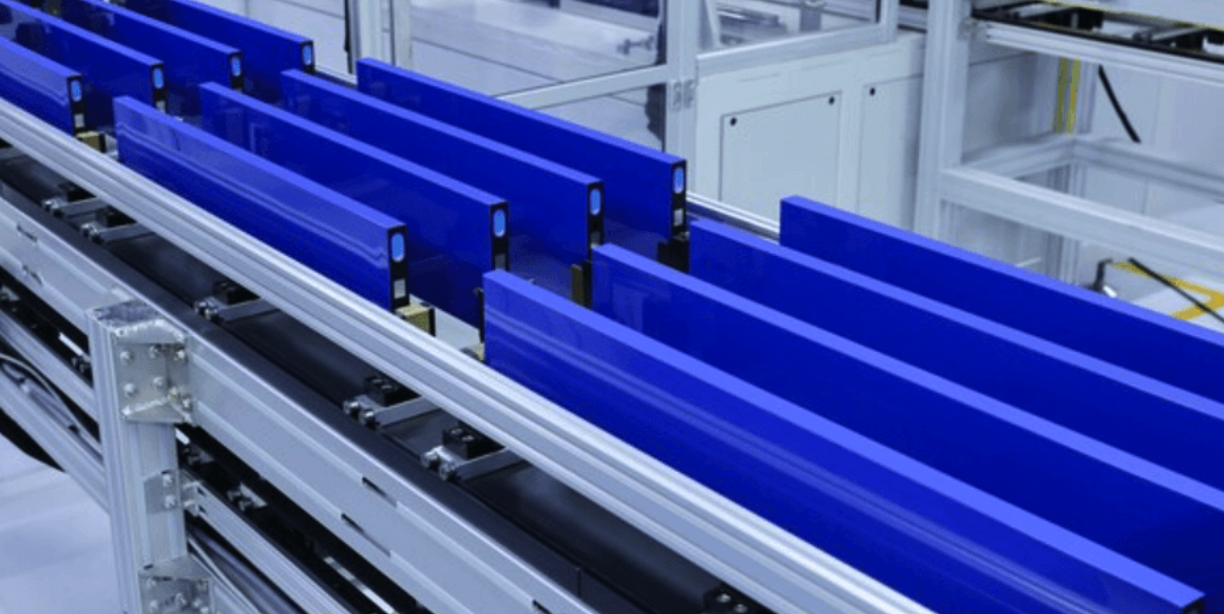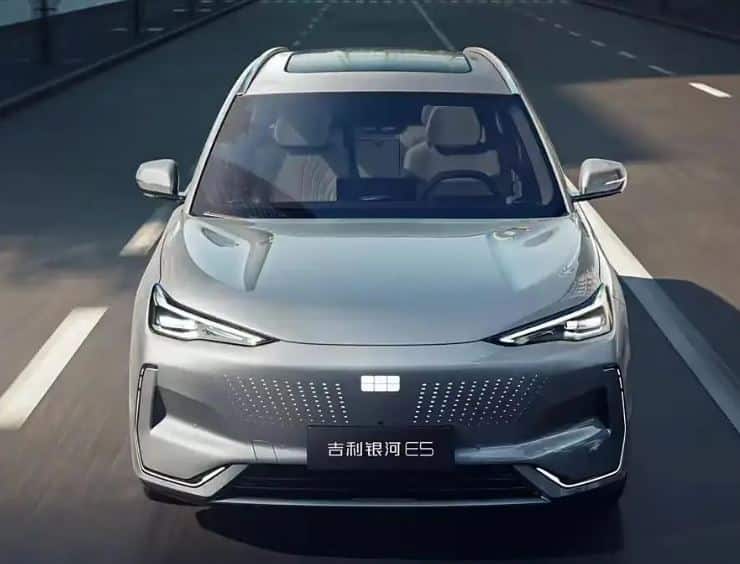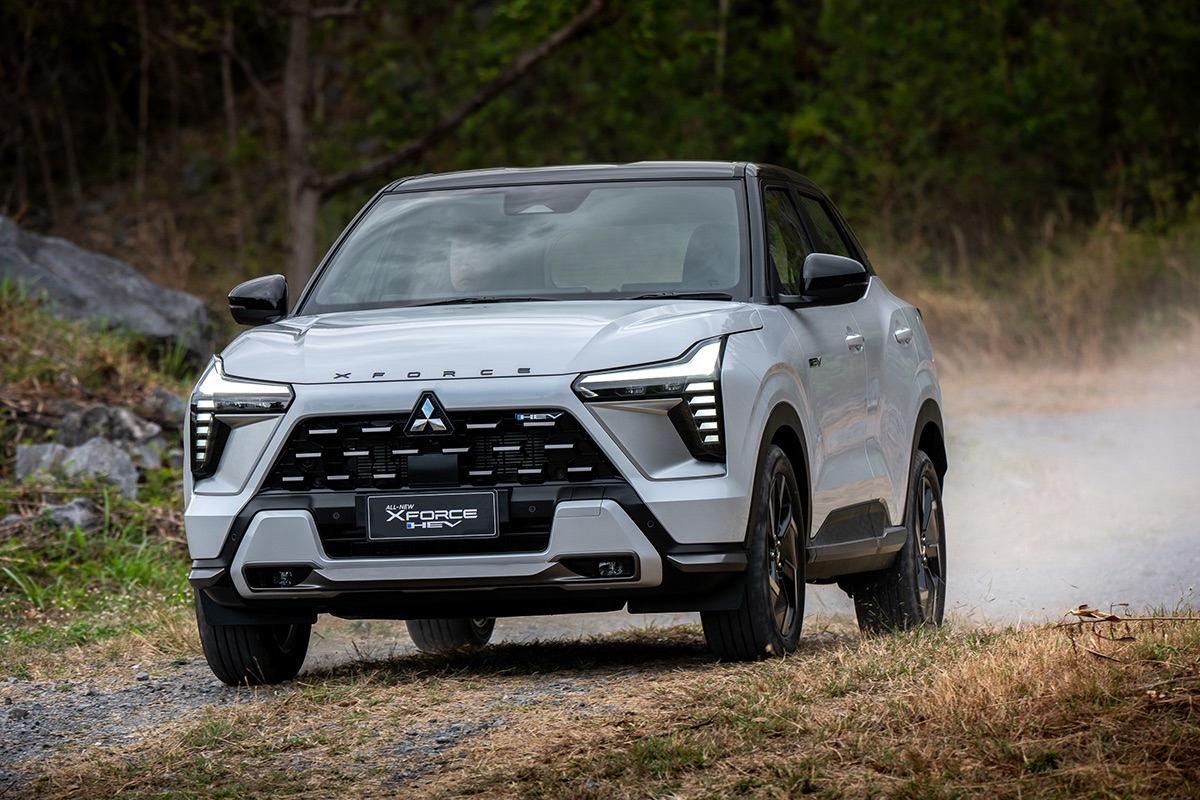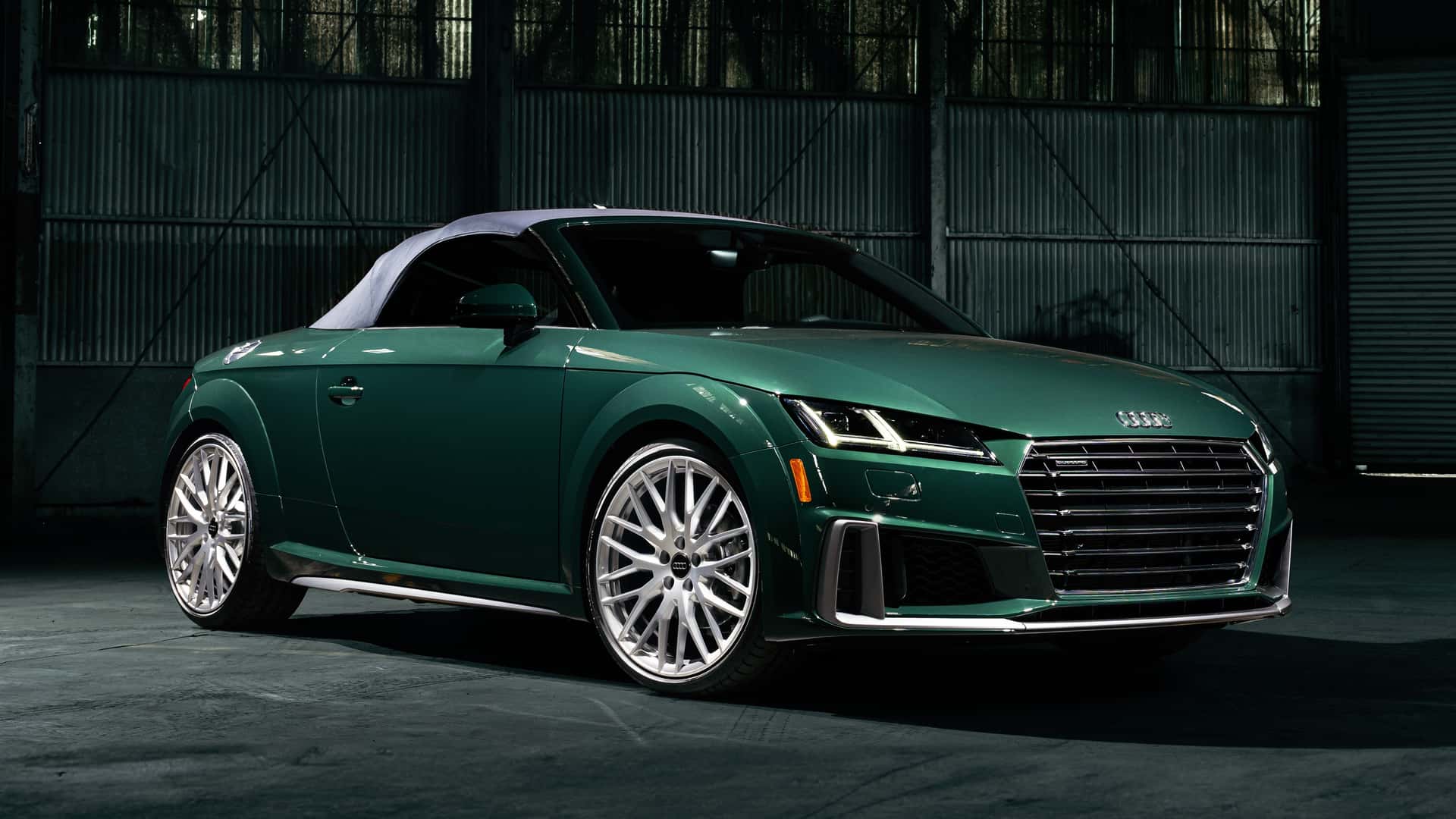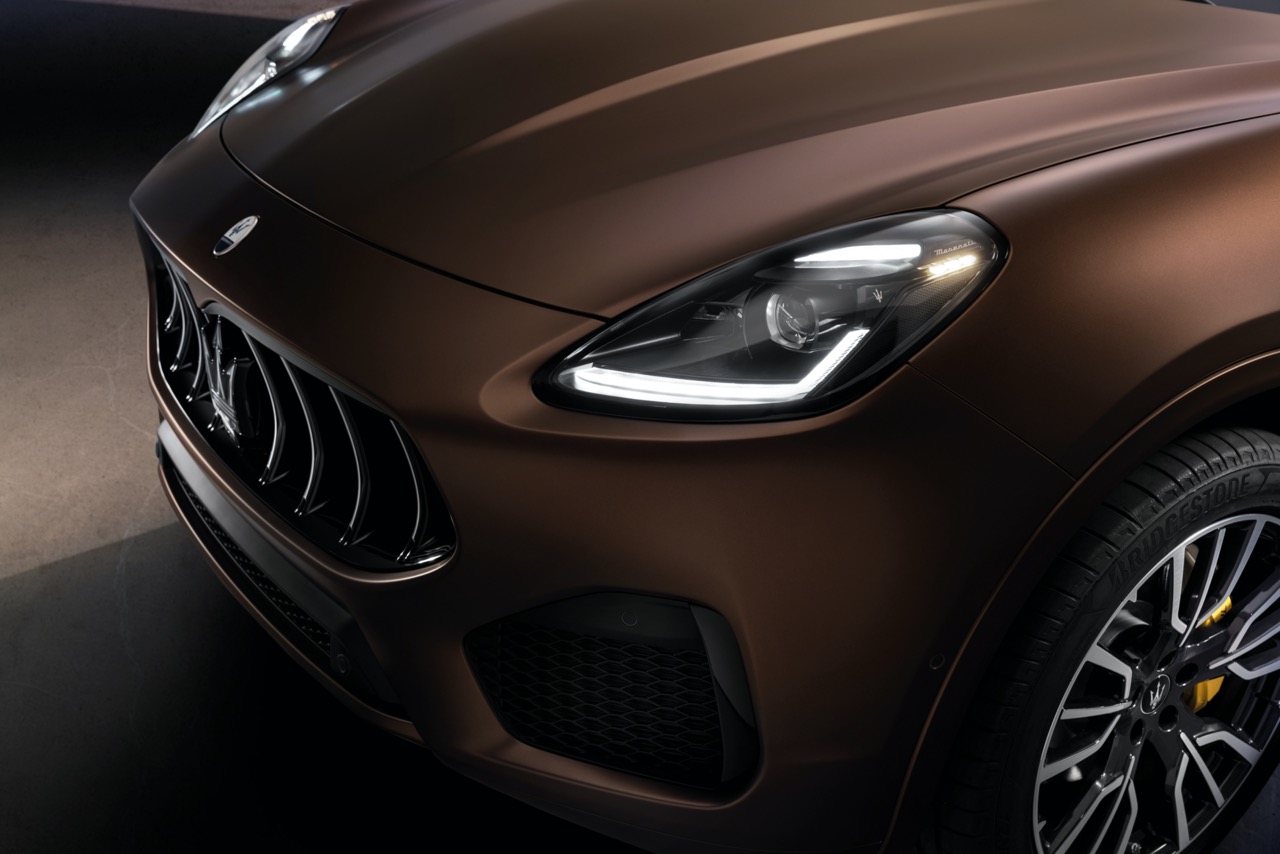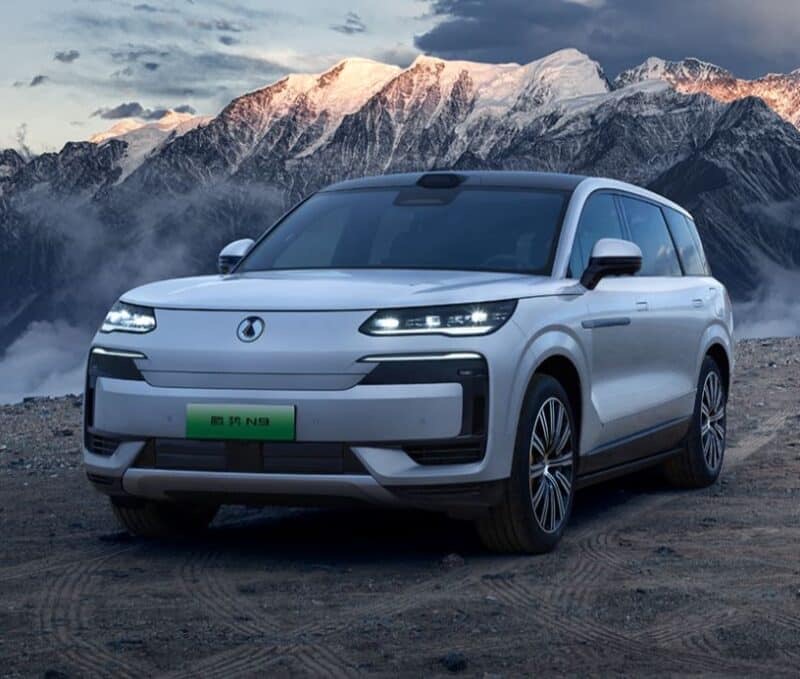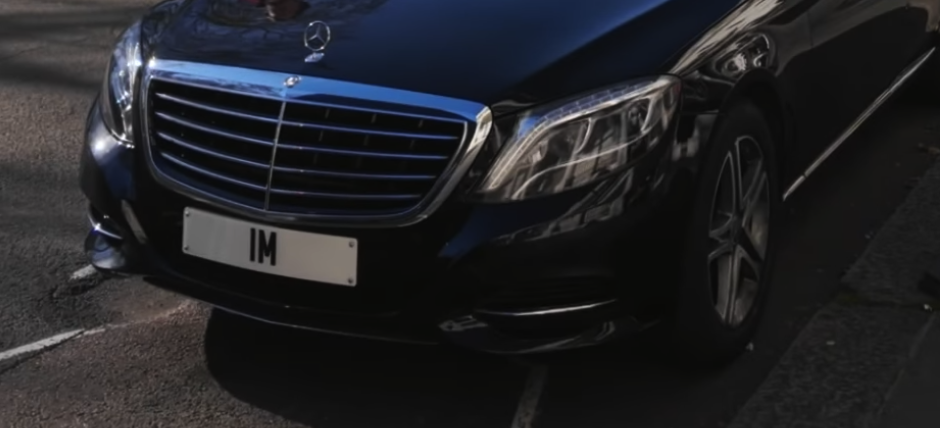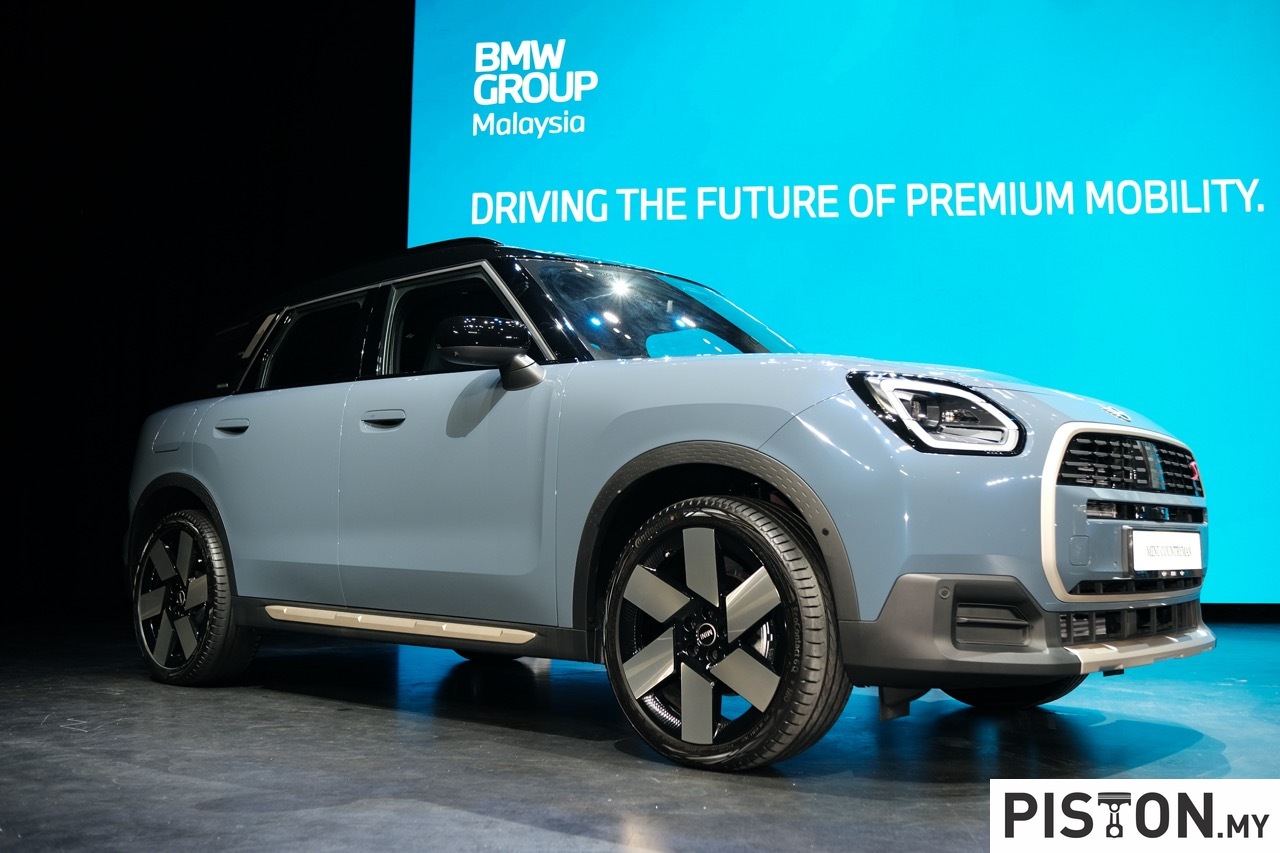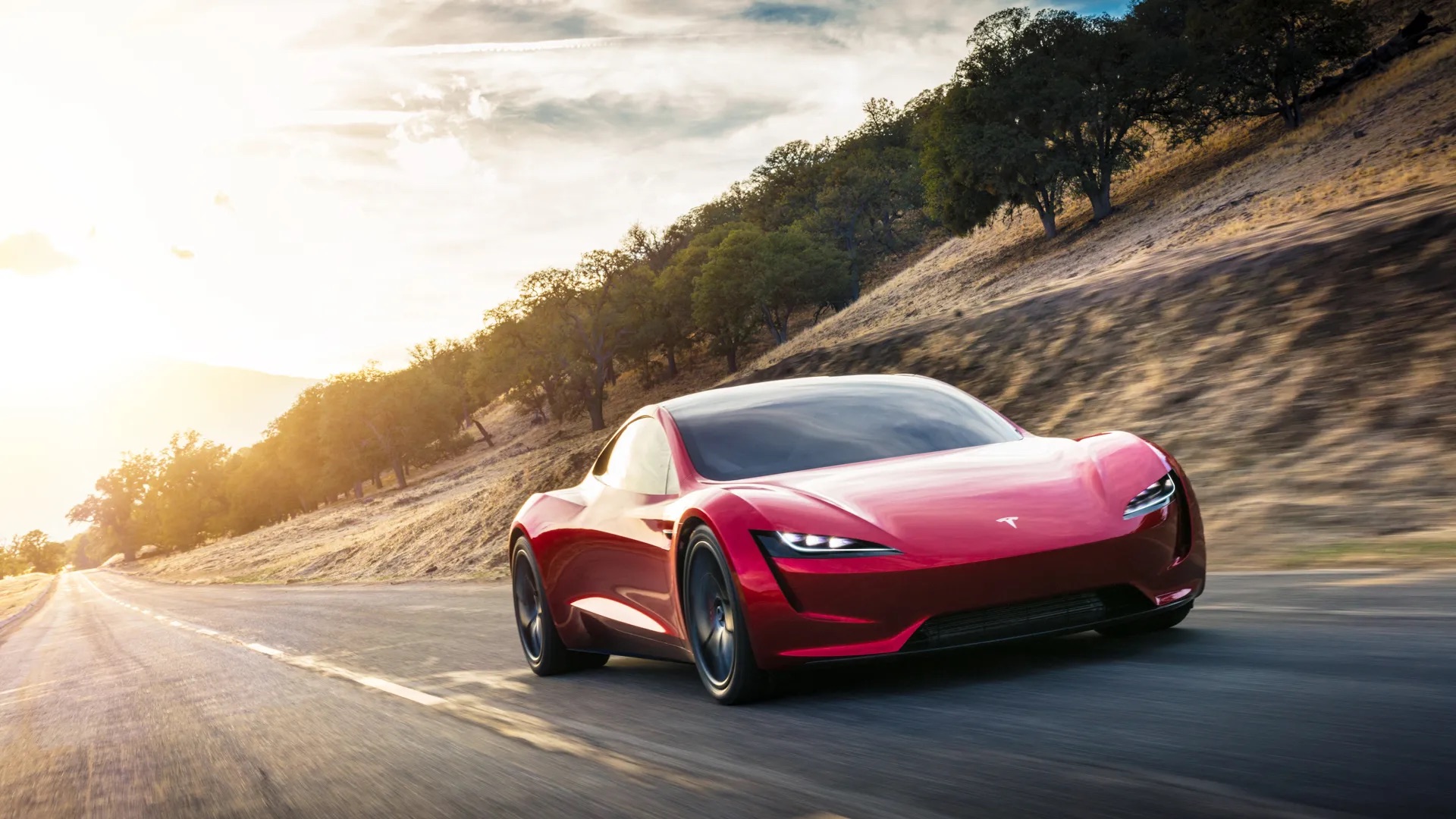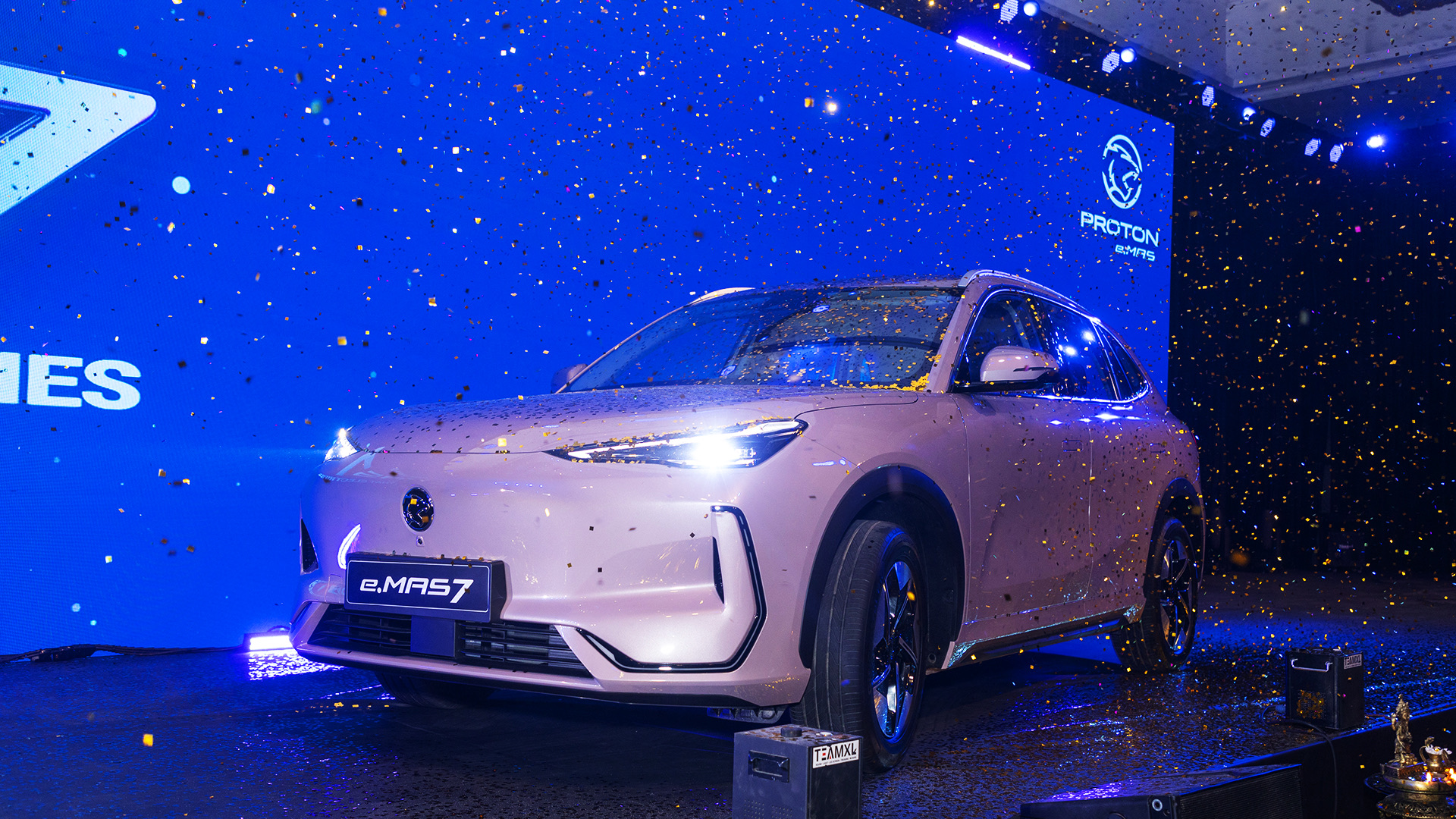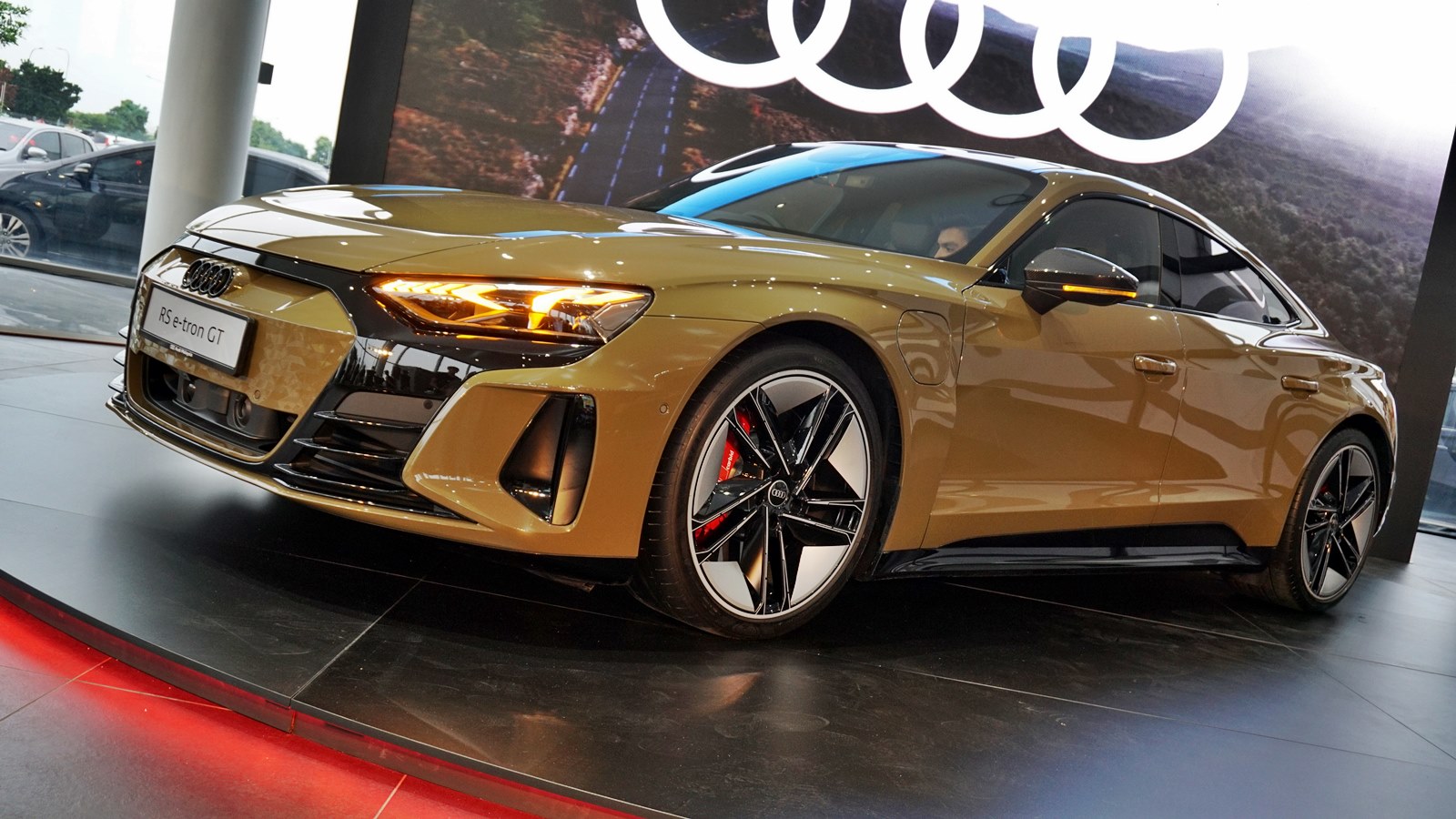Geely has unveiled its new lithium iron phosphate (LFP) battery cell, boasting an impressive energy density of 192 Wh/kg, a 50-year service life, rapid charging capabilities, and minimal capacity loss in cold weather. This new battery technology aims to address various concerns about electric vehicles (EVs) beyond their initial cost.
Key Features of Geely’s New LFP Battery:
- Energy Density and Longevity:
- Energy Density: 192 Wh/kg.
- Service Life: 50 years with 3,500 charge cycles, equating to about a million kilometres.
- Rapid Charging:
- Charging Speed: Charges to 80% capacity in under 20 minutes, specifically achieving 10% to 80% charge in just 17 minutes.
- Technological Enhancements: Utilises carbon nanotubes and an enhanced cover film to accelerate lithium ion movement, contributing to faster charging times.
- Cold Weather Performance:
- Minimal Range Loss: Experiences only a 10% range loss in extremely cold conditions, comparable to CATL’s fast-charging LFP cell introduced last year.
- Durability and Safety:
- Rigorous Testing: Subjected to harsh conditions including exposure to open flames, puncturing, rolling over, submersion in corrosive seawater, and operation in freezing environments.
- Technological Innovations: Features a thermally resistant separator and self-healing electrode technology that passed all durability tests, ensuring robust performance and safety.
Deployment and Market Impact:
- Initial Use: The new LFP cells will first be deployed in Geely’s Galaxy E5 SUVs.
- Future Availability: Geely plans to make these advanced battery cells available to other customers after the initial deployment.
- Impact on Used EV Market: The long service life and durability of these batteries are expected to significantly benefit the used EV market, allowing EVs to maintain performance over extensive distances and years.
Comparisons and Market Context:
- Tesla and BYD: This LFP battery technology is akin to the iron phosphate batteries used in Tesla’s base Model 3 and popular power stations like the Anker SOLIX F1200. It surpasses the high internal resistance issues of long blade batteries supplied by BYD to Tesla.
- CATL and NIO: CATL, the world’s largest battery maker, is also pursuing EV batteries capable of lasting a million miles. They have partnered with NIO to offer 15-year warranties on EVs, similar to the longevity and reliability aims of Geely’s new LFP battery.
Geely’s advancements in battery technology mark a significant step forward in the EV industry, promising enhanced performance, durability, and customer satisfaction. These innovations are likely to bolster the appeal of electric vehicles, addressing common concerns about battery life and charging efficiency.
Proton’s new electric vehicle, the e.MAS, will be based on the Galaxy E5. So should we be expecting it to have the same battery performance? Only time will tell.




